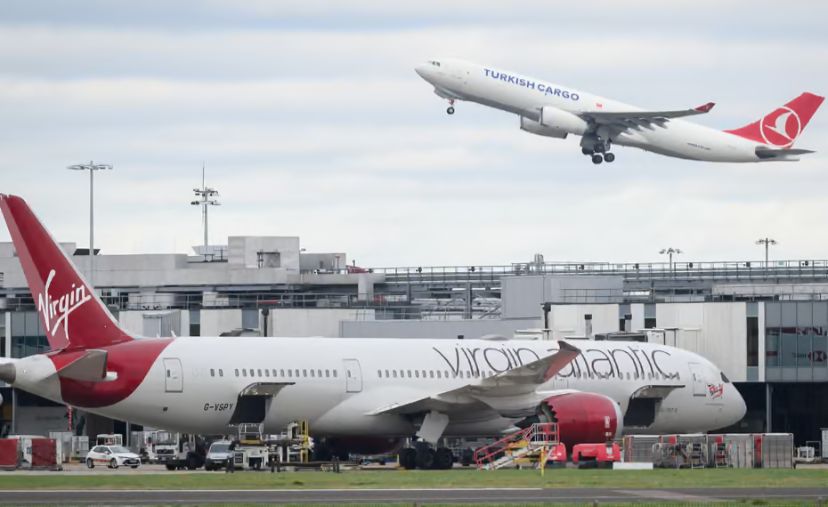The gap in transport-related carbon emissions between the UK’s richest and poorest is on track to grow significantly by 2035, according to new research from the Institute for Public Policy Research (IPPR).
Currently, the most affluent individuals produce 10 times more emissions from domestic travel than the least affluent. If current government policies remain unchanged, that disparity is expected to rise to 13 times within the next decade.
The IPPR analysis, which models future emissions using 12 distinct traveller profiles, highlights that the poorest groups will reduce their transport emissions much faster than wealthier groups. By 2035, the top 4% of earners are projected to emit 13 times more carbon from domestic transport than the bottom 14%. When international travel is factored in, the richest will emit 22 times more than the poorest up from 20 times today.
Transport remains the UK’s largest source of greenhouse gas emissions. The government’s current decarbonisation strategy largely relies on technological solutions like electric vehicles and sustainable aviation fuel, with less focus on reducing overall travel demand.
However, the IPPR argues that a fairer approach targeting reductions in private car and air travel for those most able to change their behaviour could reduce emissions more rapidly and narrow the inequality gap. Their proposed pathway includes boosting public transport access and supporting active travel such as cycling and walking.
“Fairness isn’t a barrier to climate action it’s the key to unlocking it,” said Stephen Frost, IPPR’s head of transport policy. “A fairer approach doesn’t just cut carbon faster it builds a healthier, more inclusive transport system for everyone.”
Under the IPPR’s fairer model, the emissions gap between the richest and poorest could shrink, with the wealthiest emitting eight times more than the least well-off. Overall transport emissions could fall by 71% by 2035 a sharper drop than the 55% reduction expected under current policies.
Achieving this would require major changes, including a decade of investment in bus services and active travel, a 25% cut in car use, and a 46% reduction in domestic flights among the wealthiest.
The report builds on a previous IPPR study, which showed that transport emissions also vary significantly by gender, race, location, and age with wealthy white men in rural areas being the UK’s highest emitters.
Ultimately, the researchers say, building a cleaner and fairer transport system is not just a matter of environmental necessity, but social equity.



